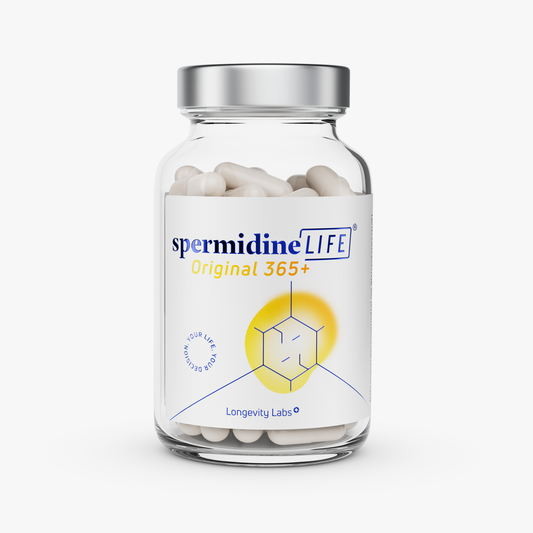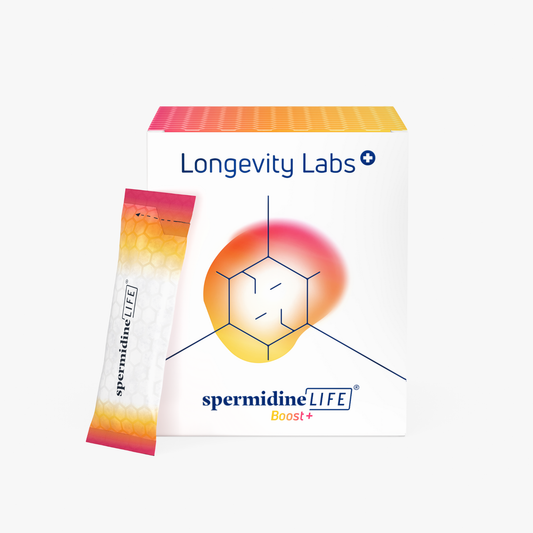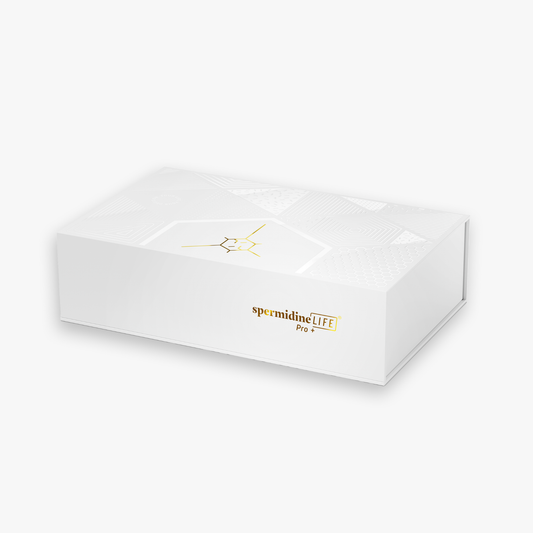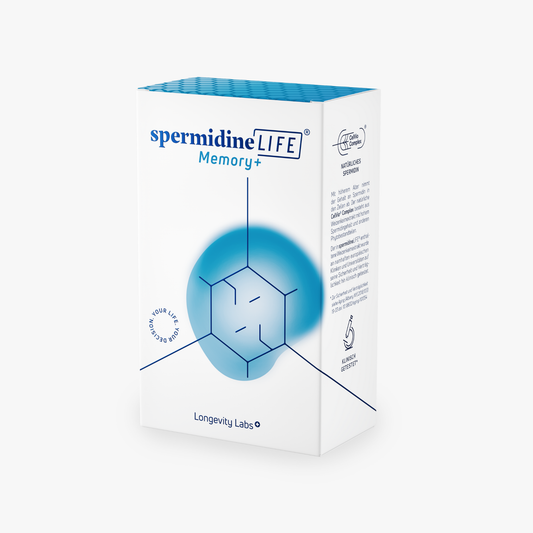
Balancing exercise as a support for the immune system - guest post by Nils (Instagram: @trianils)
Immunity+, TLL LongevityLabsWinter is just around the corner and for many of us this means an increased susceptibility to colds. One statement that we regularly hear in this context is that sport strengthens the immune system. But how exactly does this actually work and is every sport equally suitable for this?
To begin with, we should get a brief overview of how our immune system works. This is not limited to one organ or one particular place in the body, but is distributed throughout the entire body. Our blood vessels and lymphatic vessels form the transport routes for immune cells and messenger substances. The lymph vessels transport oxygen and nutrients to tissues with the lymph and remove damaged or dead cells, pathogens and foreign substances.
If an intruder succeeds in overcoming one of the numerous protective barriers (skin, mucous membranes, etc.), the so-called immune cells, also known as defense cells, come into play. These white blood cells (leukocytes) recognize foreign invaders and, in the best case, destroy them; they are formed in the bone marrow.
But how can you influence this process through sporting activity?
A study by the Cologne Sports University, for example, was able to show that regular physical activity increases the number of the most important immune cells, the leukocytes, in the blood. Numerous other studies have come to a similar conclusion. Furthermore, sport is a very effective way of counteracting stress, which in turn is known to damage our immune system.
This is where my personal experience comes in, because sport, even if it offers many health benefits, should never become an additional stressor. In addition to a full-time job, sport should serve as a balance and not become an obligatory activity, because then the effect quickly turns negative. The first priority should therefore be the fun of exercise, which is why there is no one perfect sport for everyone, with which our immune cells are ideally strengthened. Ideally, one should choose one or more sports according to individual preferences.
Moderate loads in the area of basic endurance are optimal for the entire immune system. They make you sweat easily, but do not put you under extreme stress, which would mean a stress reaction for our body. For training beginners, two to three units per week are recommended in the beginning. As a triathlete, my favorite outdoor sports are of course running and cycling. Especially the former can be done without much effort even in the cold seasons and brings in addition to the exercise a lot of fresh air, which is definitely a further advantage. In order not to catch a cold during outdoor sports, the onion principle is a good idea when it comes to clothing. Because just at the beginning is usually still a little cold. Back at home, you should quickly get rid of your wet sports clothes so as not to freeze.
For all those who have never really been able to make friends with endurance sports, here comes the good news. Strength training also has a positive effect in this respect, because it results in the release of so-called myokines, which in turn stimulate the formation of new immune cells and have an anti-inflammatory effect. As with endurance training, two to three sessions per week should be completed in which all major muscle groups are covered. If you need a little more variety, you can of course combine strength and endurance training and alternate them.
Because I know from my own experience that my motivation tends to decrease towards the end of the day, I try to train in the morning before work whenever possible. And because the inner pig dog doesn't always sleep in the morning either, I prepare everything I need for the sport the night before to give excuses no chance. Subjectively, I'm more productive the whole day after my morning sports session, and no matter how the rest of the day develops, my sports session is already ticked off.
If you like sports and want to increase your volume, you should do it slowly and be patient, because on the one hand our body adapts to the set stimuli in the rest phases, and on the other hand an excessive increase can quickly end in the so-called "open-window effect" and we get sick. Increases in volume of 5 to a maximum of 10% per week are considered appropriate in the literature. If you do get sick despite exercising, give your body the time it needs to recover and don't start training again until you've really recovered.
So quickly put on your sports clothes and head out into the fresh air for outdoor sports or to the nearest gym. Now that the days are getting shorter again, this will definitely lift your spirits and your immune cells will be happy as well.
Nils von Münster-Kistner
Physiotherapist & Triathlete
Instagram: @trianils






